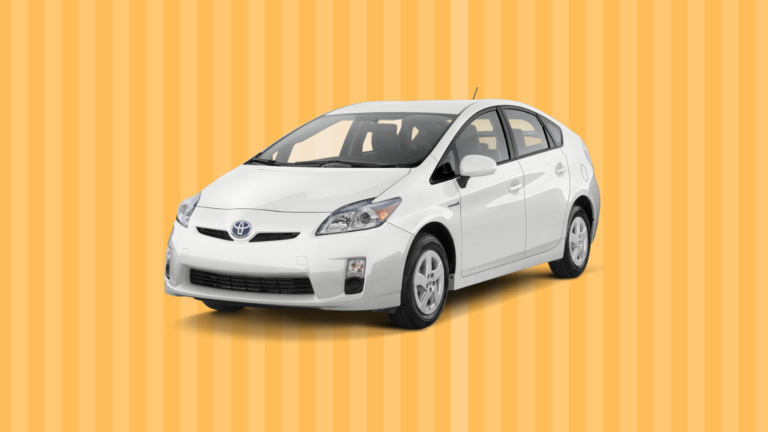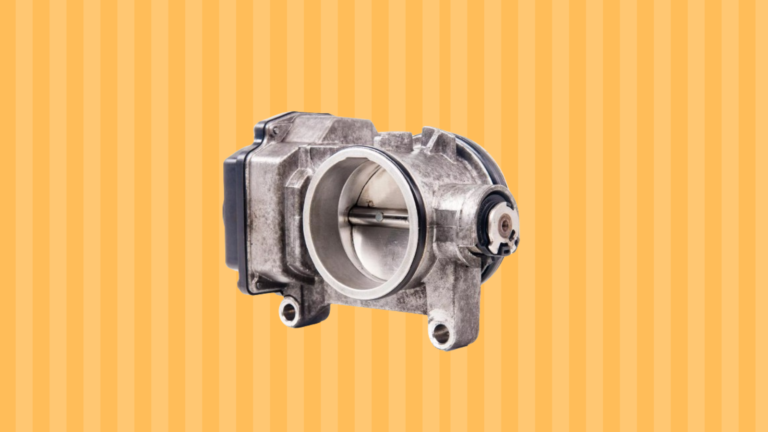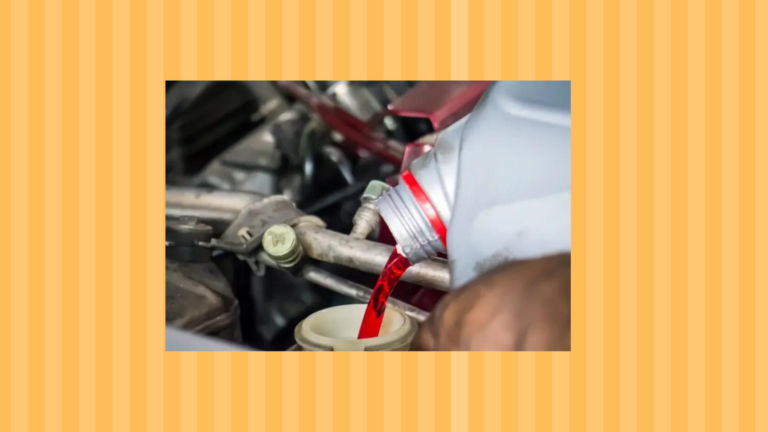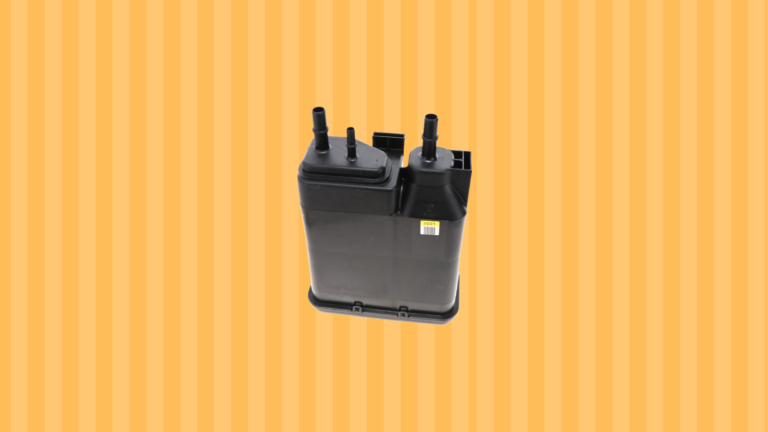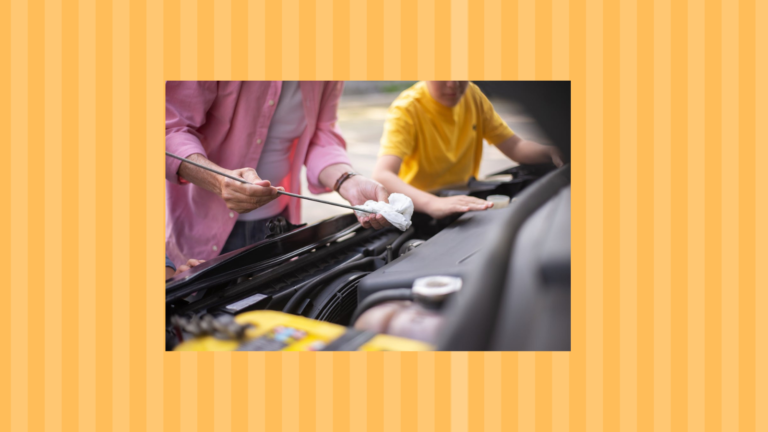How Long Do Wheel Bearings Last on a Trailer [Lifespan and Maintenance Guide]
Trailer wheel bearings typically last 50,000 to 100,000 miles, depending on usage. Proper maintenance extends this lifespan, while harsh conditions can lead to premature failure.
Wheel bearings play a crucial role in allowing wheels to spin freely. Faulty bearings can cause various problems, potentially creating unsafe driving conditions. Regular inspection of bearings is essential for drivers to ensure safe operation of their trailers.
What are Wheel Bearings?
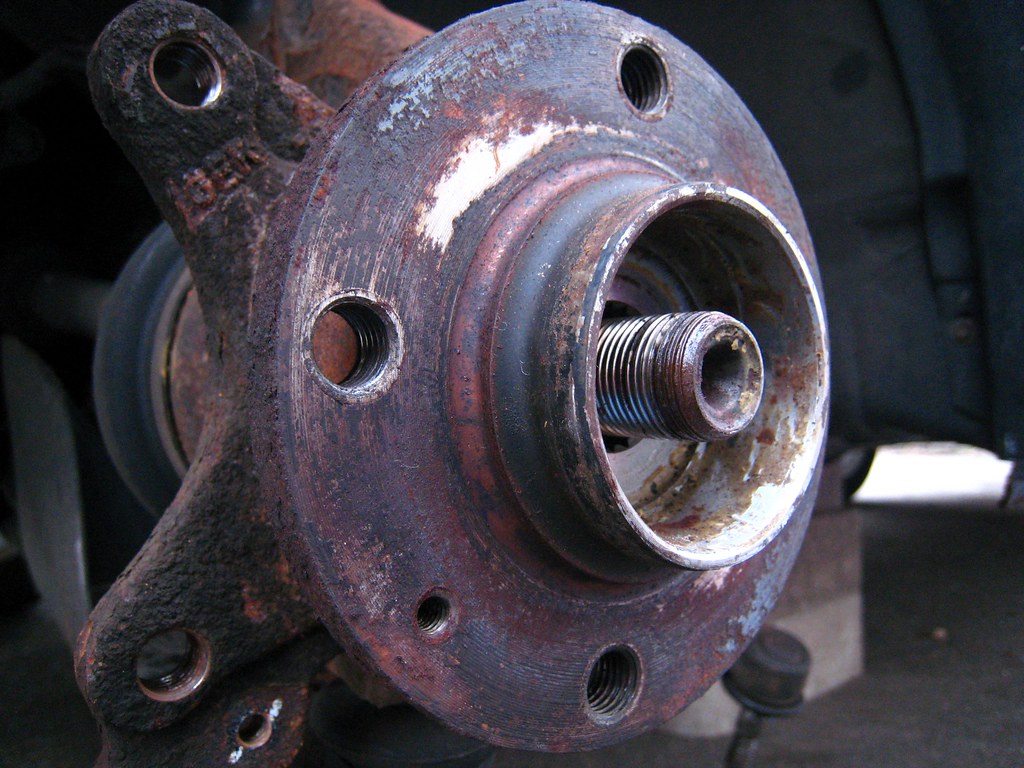
Wheel bearings are metal components housed within a wheel hub, allowing wheels to turn smoothly. These crucial parts consist of small metal balls or rollers that move between two rings. The design of wheel bearings enables them to reduce friction effectively, facilitating free wheel rotation.
How Long Do Wheel Bearings Last on a Trailer
Trailer wheel bearings last 50,000 to 100,000 miles. This range is not set in stone. Each trailer has its own story. Many factors change how long bearings stay good.
Some bearings might fail before 50,000 miles. Others could go past 100,000 miles. The life span varies a lot. It depends on how you use the trailer. It also depends on where you drive. The way you care for bearings matters too.
Factors That Impact Bearing Life
Usage and Load
Trailers used often wear bearings fast. Heavy loads put stress on bearings. This cuts their life short. Light loads and less use help bearings last.
Maintenance
Good care makes bearings last. Regular checks help spot issues. Clean and fresh grease keeps bearings smooth. Lack of care leads to early failure.
Quality of Bearings
Better bearings last longer. Cheap ones may fail soon. Good brands use strong materials. These resist wear and tear better.
Environmental Conditions
Harsh places hurt bearings. Water, salt, and dirt cause harm. Dry, clean areas are best. Extreme heat or cold can also affect bearings.
How do I know if my trailer bearings need replacing?
Loud grinding noise
A loud grinding noise from wheels is bad. It sounds like metal on metal. This noise gets worse as you drive. It means bearings have little or no grease. The parts rub hard. This can lead to quick failure.
Wheels feel loose
Grab each wheel. Try to move it side to side. A good wheel has no play. Loose wheels mean worn bearings. This can cause the wheel to wobble. Wobbling puts stress on other parts. It makes driving unsafe.
Tires wear on one side
Look at your trailer tires. Even wear is good. Wear on just one side is bad. This shows the wheel is not straight. Bad bearings can cause this. They let the wheel tilt. This makes the tire wear wrong.
Trailer pulls to one side
A trailer should track straight. If it pulls left or right, check bearings. Bad bearings make wheels drag. This causes the pull. It makes your tow vehicle work harder. It also uses more fuel.
Smoke or smell from wheels
Hot bearings are very bad. They can make smoke. You might smell burning grease. This means bearings are close to failure. Stop right away if you see or smell this. A bearing could seize. This might make a wheel fall off.
How to Expand Wheel Bearings Lifetime on Trailer
Follow these steps to expand the wheel bearings’ lifetime
Regular Inspection
Check bearings often. Look for signs of wear. Do this every few months. Catch small issues before they grow big.
Steps for inspection:
- Jack up the trailer.
- Spin each wheel.
- Listen for odd noises.
- Feel for vibrations.
- Check for side-to-side play.
Example: A slight rumble might mean early wear. Fix this now to avoid big repairs later.
Proper Lubrication
Grease is vital. It keeps parts moving smooth. Use the right type of grease. Add fresh grease as needed. Too little grease causes damage.
Lubrication tips:
- Use marine-grade grease for boat trailers.
- Grease bearings every 12,000 miles or once a year.
- Don’t mix grease types.
- Clean old grease out before adding new.
Example: A trailer used near salt water needs grease more often. Maybe every 3,000 miles.
Avoid Water Exposure
Water hurts bearings. It washes away grease. It also causes rust. Keep bearings dry. Use good seals. Be careful at boat ramps.
Water protection methods:
- Use bearing protectors or covers.
- Wait for bearings to cool before dunking in water.
- Repack bearings after water exposure.
Example: After a boat launch, drive a bit to warm bearings. This helps push water out.
Maintain Correct Tire Pressure
Right tire pressure helps. It keeps weight even. This reduces stress on bearings. Check pressure before each trip.
Tire pressure steps:
- Check pressure when tires are cold.
- Use a good tire gauge.
- Fill to the max pressure listed on the tire.
- Check all tires, including spares.
Example: A tire low by just 5 PSI can cause uneven wear. This puts extra load on bearings.
Don’t Overload
Stay within weight limits. Too much weight hurts bearings. It also strains other parts. Know your trailer’s max load.
Weight management:
- Use a truck scale to check total weight.
- Distribute load evenly.
- Don’t exceed axle ratings.
Example: A 3,500 lb trailer should not carry more than about 2,800 lbs. This leaves room for the trailer’s own weight.
Use Quality Parts
Good bearings last longer. Cheap ones fail fast. Invest in high-grade bearings. This saves money over time.
Choosing quality:
- Buy from reputable brands.
- Match bearings to your trailer’s needs.
- Consider sealed bearings for less maintenance.
Example: Timken or SKF bearings might cost more but could last twice as long as generic ones.
Keep Wheels Aligned
Proper alignment is key. It stops uneven wear. Aligned wheels put less stress on bearings. Check alignment yearly.
Alignment basics:
- Check for uneven tire wear.
- Use a straight edge to check axle alignment.
- Adjust as needed or seek professional help.
Example: Even 1/4 inch misalignment can cause rapid bearing wear. Fix this to double bearing life.

My name is Ari, and I’m the owner and copywriter at Tailored Niche and Nichesites.online. I specialize in creating high-quality, niche-focused content that helps businesses stand out online.
I deliver content that connects with your audience and gets real results.
